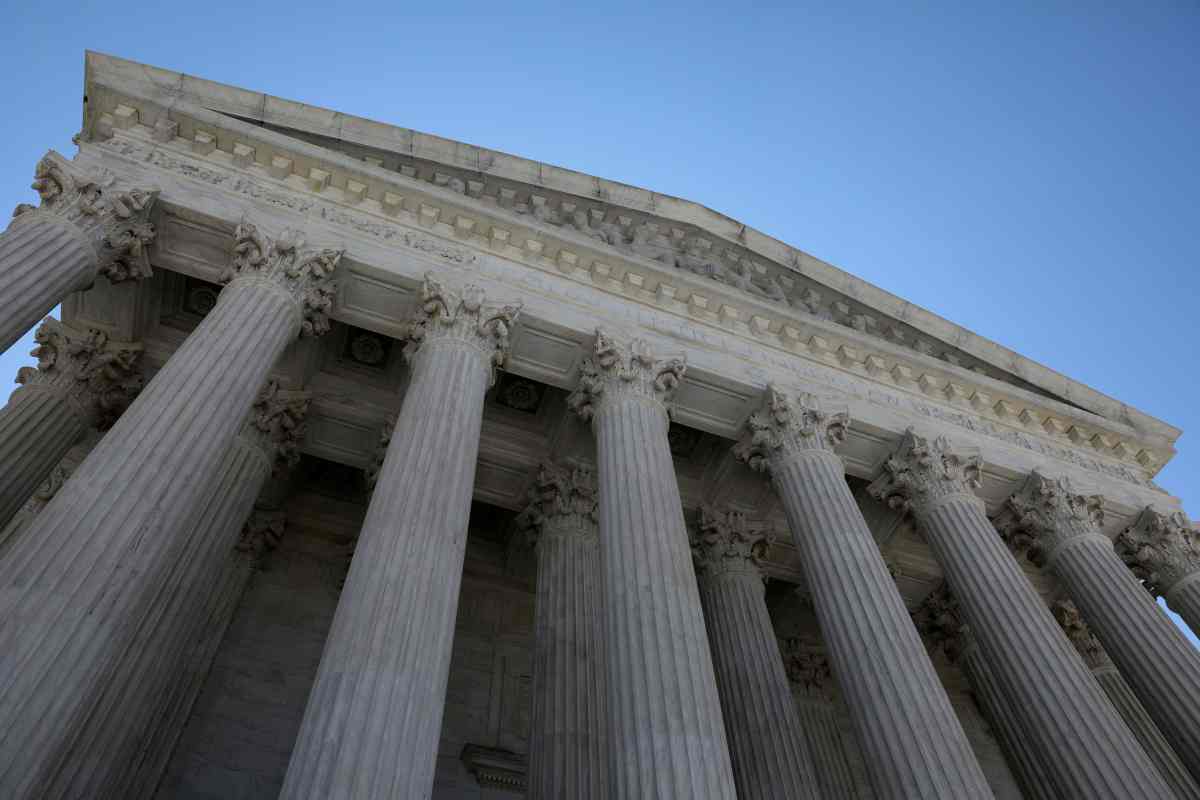By Andrew Chung
The U.S. Supreme Court on Thursday lifted New York State’s ban on residential evictions during the Covid-19 pandemic, handing a victory to a group of small landlords that challenged a moratorium that had been slated to expire on Aug. 31.
The justices granted an emergency request by the landlords to lift the ban on eviction proceedings while litigation over the dispute continues. The nine-member court’s three liberal justices dissented from the decision.
A lower court in June rejected landlords’ argument that the moratorium violated their rights to due process of law and free speech under the U.S. Constitution.
Some landlords in the state could still could face another barrier. The U.S. Centers for Disease Control and Prevention on Aug. 3 issued a new 60-day federal moratorium on residential evictions to combat the spread of Covid-19, focused on jurisdictions with high infection rates.
The New York dispute centers on a state law passed last December that halts all new or pending evictions if tenants submit a declaration that they are experiencing financial hardship or that moving would pose a pandemic-related health risk. The law similarly protects small landlords from foreclosure.
The five New York landlords sued various officials to stop the law’s enforcement after legislators extended its May expiration to the end of August. The landlords said they have been “pushed to the brink of disaster” even as many other pandemic-related restrictions have eased. Though all of their tenants stopped paying rent – some even before the pandemic – they said they have been unable to proceed with evictions.
The suit argues that the New York eviction law violates their right to due process under the Constitution’s 14th Amendment because it allows a tenant’s declaration of hardship to deny them legal recourse.
The law also requires landlords to provide the declaration form to the tenants, which they said compels them to deliver a message they do not support in violation of their First Amendment right to free speech.
Writing in dissent, liberal Justice Stephen Breyer said the burdens on the landlords must be balanced with the hardships of tenants who “will now be forced to face eviction proceedings earlier than expected.” He added that in this case, “I would not second-guess politically accountable officials’ determination of how best to ‘guard and protect’ the people of New York.”




























